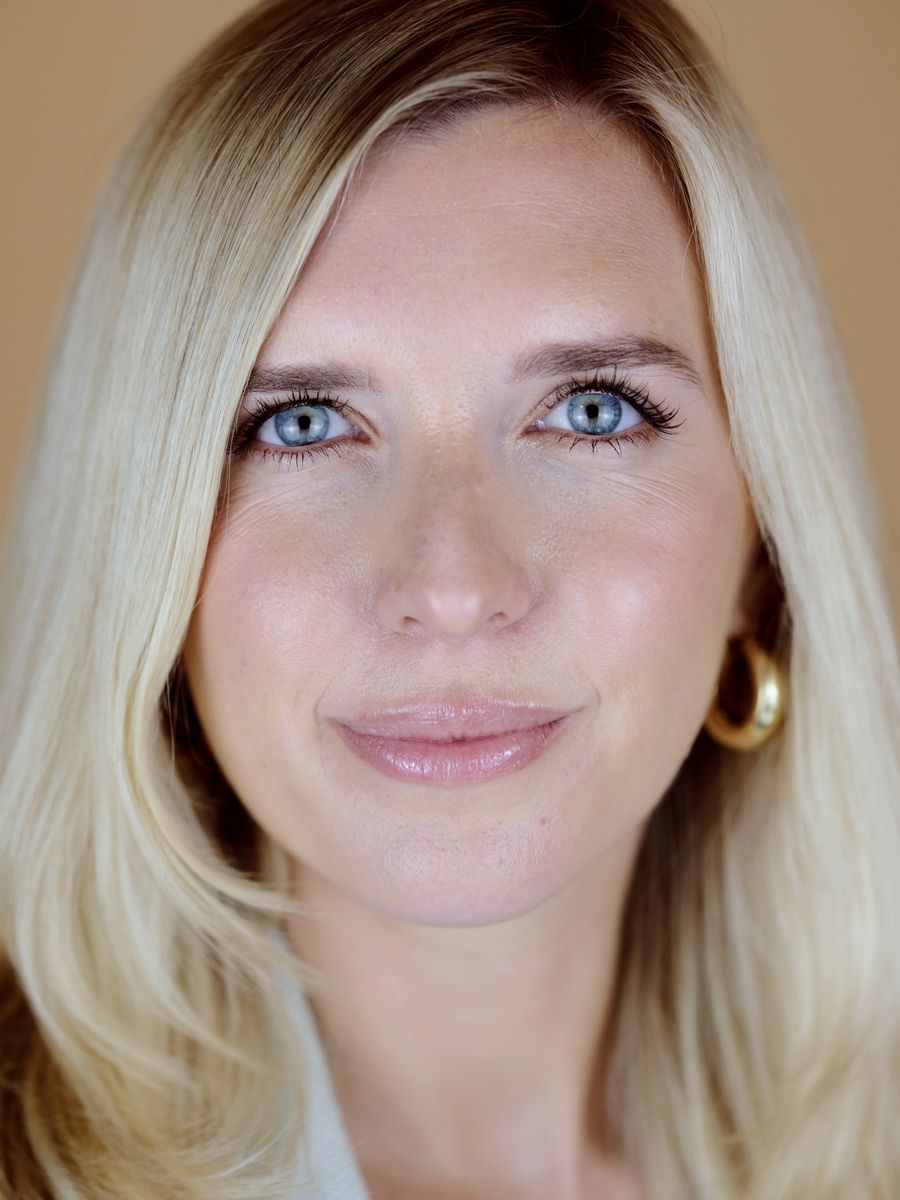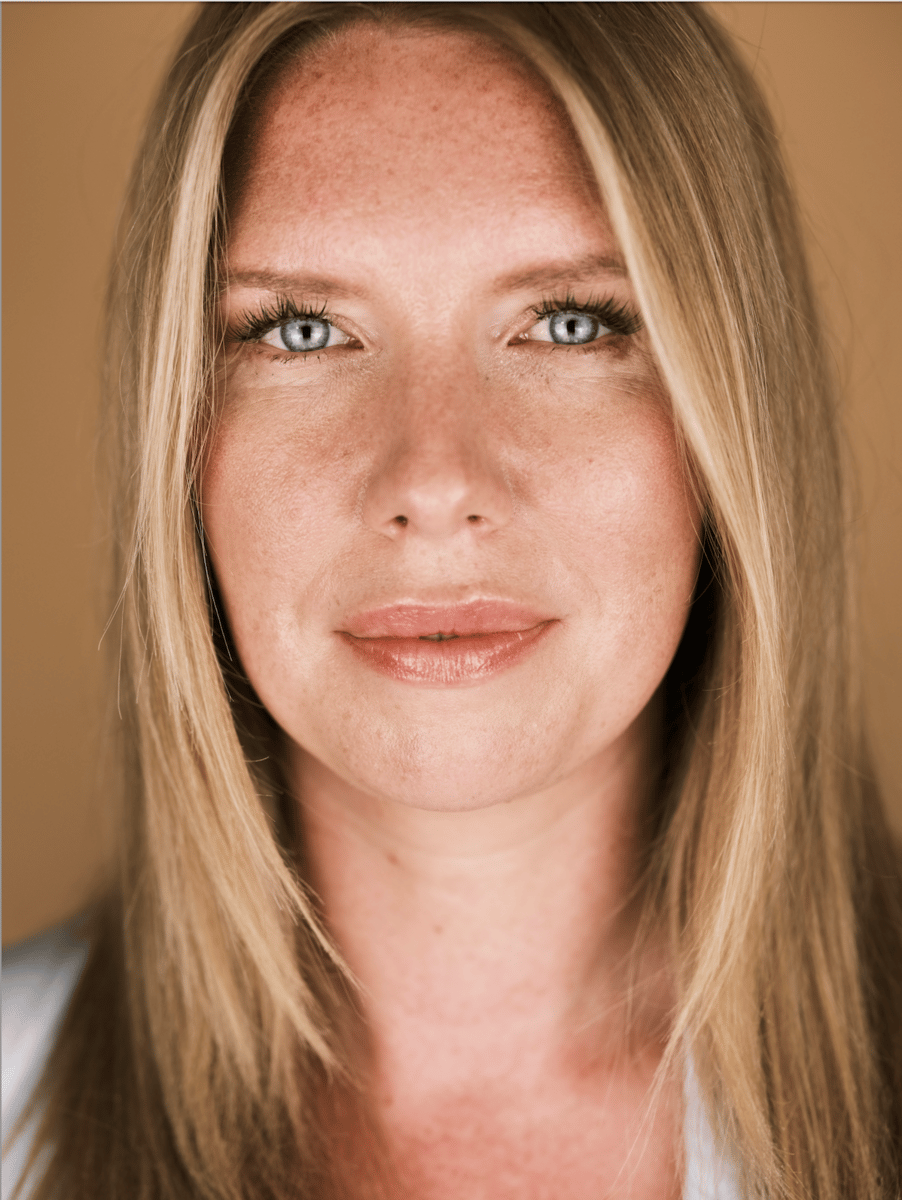Meta Platforms scored a big victory on Tuesday as a US federal judge ruled that the company is not a social networking monopoly. But other regulatory threats still loom large.
Australia’s social media ban for under 16 year-olds will go into effect on December 10. How it plays out could have ramifications for all social platforms—and the creators that rely on them.
Australia isn’t a massive market for social media apps in terms of users or revenue. But it is an important testing ground for new features because of its English-speaking population and widespread adoption of social media. Now, the country is a test case for restrictions on teen social media usage, which are also gaining momentum in bigger, more lucrative markets like the US and the European Union.
As of March, Australia’s population was roughly 27.5 million, which makes it only slightly bigger than Florida, one of the roughly two dozen US states that have introduced some type of social media regulation for minors. (Some of these efforts have been blocked by the courts).
The biggest threat for Meta and other social networks is that Australia’s ban could embolden other governments to follow suit: Earlier this month, Denmark announced an agreement to ban social media for teens under 15, the most sweeping plans so far from an EU country.
Measuring the business impact in Australia is challenging because data on social media usage in the country is sparse. In the US, where roughly half of the population uses Facebook, minors make up just 4.7% of users, per EMARKETER estimates. Using those figures as a proxy for Australia, the law would impact around 700,000 Facebook users.
Facebook, of course, isn’t the go-to place for most young people. Other platforms, like TikTok, Snapchat and YouTube, have much larger kid and teen audiences as you can see from the chart above. Teens also spend an enormous amount of time on social media, meaning that they have an outsized impact on engagement and revenue. Snap, for example, warned during its third-quarter results that user engagement could take a hit once the ban goes into effect. (It’s worth noting that most social networks require users to be 13 to use their apps.)
Young people are also one of the biggest sources of future growth for social platforms. Digital habits are formed early and where kids and teens spend their time today could determine the winners and losers in the future social landscape.
Even so, there are many questions about the scope, effectiveness and impact of Australia’s ban.
The Australian government has continued to add to the list of companies. Currently, nine platforms are included, such as Facebook, Instagram, TikTok, Snapchat and YouTube. Earlier this month, Australia added Reddit and livestreaming upstart Kick to the list. Other platforms seem to be taking proactive measures, just in case: Roblox, which isn’t included in the ban, on Tuesday announced it would roll out voluntary age verification in Australia.
The government is also offering few instructions for how social platforms should comply beyond “taking reasonable steps” to prevent under 16-year olds from opening accounts and removing existing ones. That means the rollout is likely to be inconsistent.
Another major wrinkle: Social apps like YouTube and TikTok don’t require you to be logged in to use their services, so teens could still watch videos despite the ban. Teens are also notoriously good at circumventing rules in other ways—like lying about their age—or finding creative methods to stay in touch. (Remember how high school students were chatting on Google Docs in class?)
And while we expect the platforms to comply with the Australian ban, the immediate financial impact for breaking the law may not be as harsh as it seems.
If platforms violate the ban, they could be subject to fines up to $49.5 million AUD (about $32 million). That’s a drop in the bucket for larger social companies like Meta, which generated an average of around $440 million daily in ad revenue in 2024.
If the ban is successful, it’s not just social platforms that will take a hit. Young Australian creators—or any creator with a large teen audience—could be the biggest losers and see their accounts deactivated. One Australian influencer family is taking a dramatic step to avoid the ban: moving to the UK. While that’s not going to be an option for most creators, the ban will cause plenty of disarray.
In other news…
The Round Up
Facebook is rolling out a new tool to protect creators from their work being used without permission. Creators who enroll in “content protection” will be notified if the program detects matches to their Reels on Facebook and Instagram. Creators can then track the performance of the Reel, block it or keep it up. On some matches, creators will also be able to add an “original by” label that links back to their Page or profile.
Snapchat is launching Topic Chats in the US, Canada and New Zealand. The new feature focuses on trending topics and events and will highlight public conversions and related Spotlight videos. It’s a shift for Snapchat, which has primarily focused on private messaging. But the company has stepped up efforts to attract creators and expand its TikTok competitor, Spotlight. Snapchat said this new feature comes as more users are interacting with each other in public comments.
Vox launched a membership program on Patreon. Paid subscribers will have access to Vox content without ads and exclusive videos, including two new series: “The Docket,” a show focused on the human impact of Supreme Court decisions, and “What’s Working,” a show that highlights policies that improve the lives of communities in the US.
Agentio, a creator-led advertising platform that automates campaigns, raised $40 million in Series B funding led by Forerunner Ventures.
Inception Point AI, an AI publishing startup with eight employees, is on track to release 150,000 AI-generated podcast episodes by the end of the year. It’s currently publishing 3,000 episodes per week on topics ranging from animal cloning and surf reports in San Diego to a series on former Vogue editor Anna Wintour.
Komi is expanding beyond link-in-bio landing pages, adding a new platform that connects creators with advertisers for sponsorship deals. Over the past few years, creator economy startups have been adding more products as they look to grow beyond a narrow niche.
DiVine, a reboot of the popular six-second video app Vine, launched last week. It’s being funded by Twitter co-founder and ex-CEO Jack Dorsey. Twitter shut down Vine in 2017.
DiVine will host more than 100,000 old Vine videos, as well as new videos. AI-generated content won’t be allowed. While we love this for the nostalgia factor, it’s going to be an uphill battle to get people to use the app consistently as many users and Vine stars have since migrated to other apps like TikTok.
ICYMI: Disney and Google reached a deal to end their blackout on YouTube TV.
Creators 🤝Fashion Resale
Phia, an AI shopping startup founded by “The Burnouts” podcast hosts Phoebe Gates and Sophia Kianni, may have been collecting more user data than disclosed, according to a Forbes report. Phia allows users to compare prices on new and secondhand fashion via a shopping extension and has been a driver in the growth of the resale market among Gen Z.
“Younger shoppers really are the driving force behind the growth in fashion resale,” Jasmine told CNBC in a video interview about the boom in secondhand shopping. “Gen Z and millennials both value affordability and sustainability in their fashion purchases and these things tend to be at odds. Resale hits on both of those fronts.”
In September, Phia raised $8 million in seed funding, led by venture capital firm Kleiner Perkins with participation from celebrities and big tech names like Hailey Bieber, Kris Jenner and ex-Meta COO Sheryl Sandberg.
By the Numbers
Video isn’t killing audio for podcasts—at least not yet. Just 8% of US adult podcast consumers “only” watch podcasts, according to a new report from Cumulus Media and Signal Hill Insights, compared with 17% who only listen. Instead, most podcast consumers do both: 76% said they listen and watch.
Soundbite
Of all of Bethenny Frankel’s eras, social media has been the most lucrative.
“The business now is much bigger than my biggest day being on the cover of Forbes magazine selling Skinnygirl,” Frankel said on The Toast podcast last week.
Earlier in her career, she appeared on Bravo’s “Real Housewives” franchise and sold her alcohol brand Skinnygirl for a reported $100 million in 2011. More recently, Frankel has become a sensation on TikTok and Instagram for her unfiltered opinions about everything from Chanel bags to beauty products.
Creator Moves
“The Joe Rogan Experience” dethroned The New York Times’ “The Daily” to become the most popular podcast in 2025, according to Apple.
“The Mel Robbins Podcast” took the number three spot, capping off a banner year for the personal growth guru and showing that it’s still possible to find success amid a crowded podcasting market. Robbins, who wasn’t in the top 10 last year, also went on a live tour tied to her new book “The Let Them Theory” earlier this year. The concept, which encourages people to stop trying to control the actions of others, also spawned viral memes across social media.
Tayla Cannon, a physical therapist and creator with about 140,000 Instagram followers, raised $1.1 million from early-stage venture firm Slow Ventures. Cannon is also the founder of Rebuildr, an app to launch and run virtual rehab businesses. Earlier this year, the VC firm announced it had raised a $60 million seed fund to back creators.
Talent Tracker
Vanan Nguyen was promoted to associate director of talent at G&B Digital Management, an independent digital talent firm. Previously, she was a senior talent manager.



